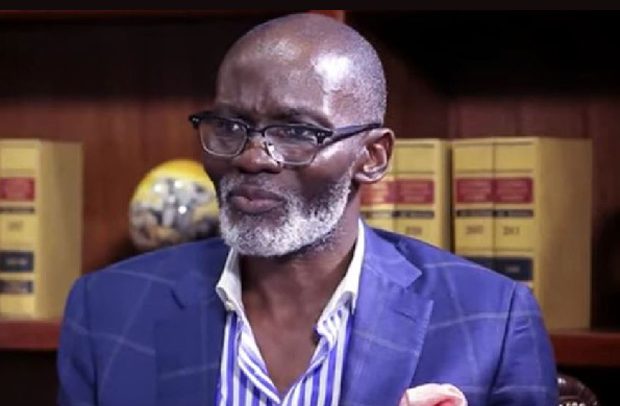Gabby Asare Otchere-Darko
Chairman of the Ghana Chamber of Commerce Guyana (GCCG), Gabby Asare Otchere-Darko, has declared that Ghana’s commitment to Guyana is genuine and not based on exploitation.
Speaking at the opening of the Ghana-Guyana Local Content & Capacity Building conference in the Southern American country yesterday, he said the conference is part of the real efforts to materialise the cooperation agreement signed between the two nations in December 2021.
Ghana and Guyana in December 2021 signed a cooperation agreement, witnessed by the Vice President of Guyana, Dr. Bharrat Jagdeo and Vice President Dr. Mahamudu Bawumia.
Mr. Otchere-Darko stated that local content is meaningless without the capacity of local players to deliver.
“Without the capacity, the policy becomes but a frustrating fetter on the main business of pumping oil from the ground,” he noted.
The GCCG Chairman, however, indicated that the lack of capacity should never be allowed to serve as a legitimate excuse against guaranteeing and deepening local participation.
“Indeed, if the current global focus on energy transition makes getting the oil out a matter of utmost urgency, then empowering locals to also transition into active participants in the upstream business is also a matter of utmost urgency,” he said.
“That is why, right from the onset, building capacity in local content in upstream oil and gas operations is, perhaps, the most important priority item for any oil-rich country that is serious about capturing and retaining locally as much as it possibly can of the value from its hydrocarbon resources,” he added.
Mr. Otchere-Darko stated that for GCCG, local content is a human right, moral right, social right, economic right, development right, and prosperity right.
“And, perhaps, most importantly, it is right and proper for all and beneficial to all stakeholders. In other words, local content is good for the government. It is good for citizens. And, it is actually good for the international oil companies themselves, as well,” he asserted.
According to him, it therefore requires a deliberate affirmative policy action by the state and balancing the needs of policymakers, regulators, the local private sector, local communities, IOCs and the overall interest of the national economy.
“We were at where you are today sometime back. Three years after drawing first oil, we put in place our local content law.
“Over the last decade alone, with the proactive push of the Petroleum Commission, Ghana National Petroleum Corporation, and to some extent the Ghana National Gas Company, Ghana has managed to learn the hard way to build local companies that are now bidding and winning international tenders outside of Ghana,” he said.
He added, “We believe and we know that Guyana, with a more deliberate strategy, has an even greater potential to build much bigger global champions of Guyanese citizens than we have. The next Dangotes over the next two decades are likely to come from Guyana.”
He asserted that people of Guyana may be small in numbers, but not in landmass, not in raw wealth and, certainly not in affiliations, both old and renewed.
“Caricom has over 19 million people. South America has nearly 450 million people. India 1.43 billion and Africa 1.46 billion. These are all markets linked to you through history, geography, blood, tears and treaties,” he intimated.
By Ernest Kofi Adu


